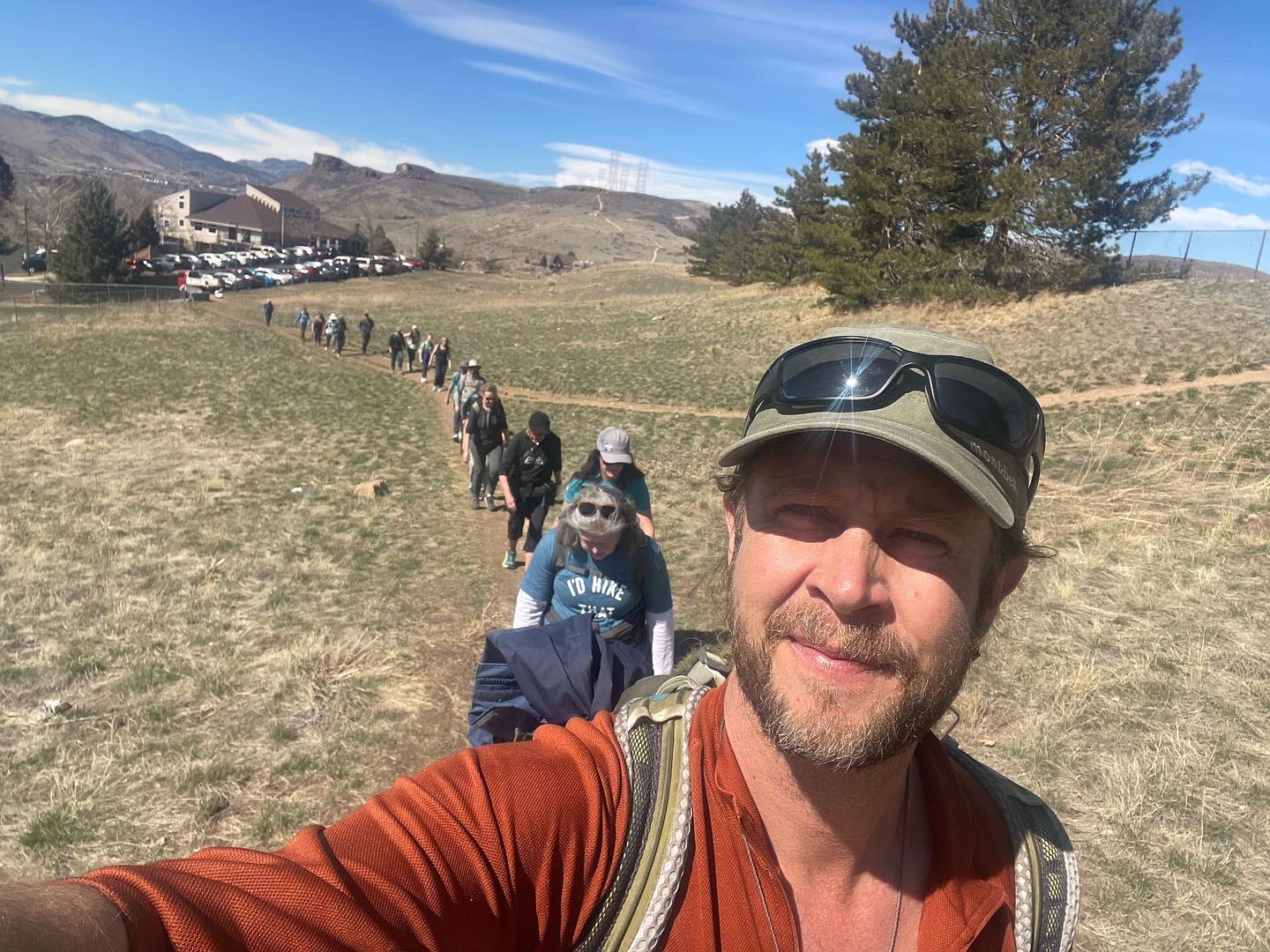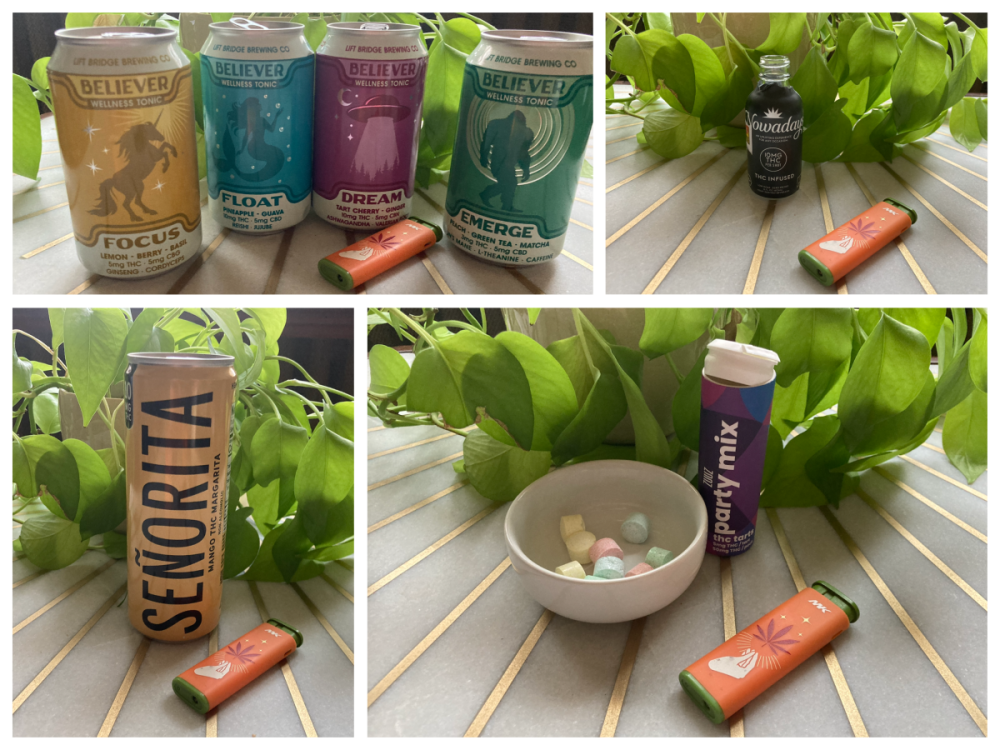Life looks different at 1 to 3 miles per hour.
That’s what self-described “walking artist” Jonathon Stalls discovered over the course of the 242 days he spent walking from Delaware to California in 2010. It was a transformative experience that inspired Stalls to lead other people through similar journeys.
Stalls, who was born in Florida but now resides in Colorado, has spent the years since working as an activist for pedestrian rights, walking as a way to connect to both nature and society. His slow-paced radicalism went viral via Pedestrian Dignity, a TikTok that connects urban policy and the daily lives of the people who walk, roll, and bike through cities.
“Just like you would want to make water accessible, like you would want to make sewage accessible, you would want to make this basic thing accessible to anybody,” Stalls told Racket in our 2022 story on municipal sidewalk shoveling. “Because of our relationship to private property, we're leaving the most fundamental human experience up to the whims of individuals.”
In 2022, Stalls shared his experiences in a memoir, WALK: Slow Down, Wake Up, and Connect at 1-3 Miles per Hour. Now, Stalls is in town this week for a trio of events that will bring his experience and art to life. On Friday, Stalls will be hosting a brief walk on the shores of Bde Maka Ska that will culminate in a reading at Magers & Quinn. Saturday, which is Earth Day, he’ll join Julia Curran of Happify Design for a 5.5-mile walk along Franklin Avenue, exploring concepts like mobility, transit, and human dignity. The weekend closes with a 10-mile meditative sojourn along the Mississippi River with Elle Lesley, centering on connecting to nature and Indigenous history.
Ahead of the week’s events, we talked to Stalls about his experience with turning walking into art.
What is it about walking that connects people to concepts like dignity and justice?
There's something about actually having our human bodies slowly moving alongside each other that connects us to what's actually happening on the planet, on the soil, in the streets. There's humility there, and fragility also. Walking can inherently bring us into a place of connection where we have time to move with and listen to and attend to different people.
When you're in your car, you experience the world in a really different way. There is a pretty dramatic leveling that comes when your primary mode of transportation is walking.
My work is never about car-shaming or shaming people for driving. It's just about getting out of whatever default relationship one has to move in a space. But in cars we zoom past communities and neighborhoods, threatening people, animals, habitats, and air quality. That doesn't mean walking doesn't create complexity, but it really allows us to be with what's what's a little more raw and honest.
Can you tell me about the cross-country walk that the book chronicles?
It was primarily about healing and a journey to recalibrate, to start over. I was struggling with coming out as gay, and not only my sexual identity, but I was trying to just really be with the fact that I'm a very sensitive person. I feel things really deeply, I always have. I'm an artist. Growing up, I moved every two years as a kid, going to 14 different schools, and was shuffled around in a car.
I also had a lot of complicated religious baggage. I always felt like I needed to fit in and be what other other people wanted me to be, depending on the whim of the environment—just blend in and bury everything else. There was a lot of suicidal stuff. I needed to walk some shit out. I needed to be with my body and the land.
You finished that walk in 2011, and the book came out in 2022. What were you doing between that time?
I started this project called Walk2Connect in 2012, which became an organization of community volunteers, mostly walking leaders, and creative partnerships with public agencies, nonprofits, communities, and grassroot organizers. We were hosting walking events, and trained people to host their own events and all focused on how we maximize connection with each other.
For people that attend one of these events this weekend, what are you hoping they'll get out of it?
I would love for people to try out practices in the book, even if they just come alongside the events. We want to encourage and to expand people’s relationship with moving in an unhurried way, whether that's on foot or wheelchair. These events can expand the best in us, but also they can help us learn how we can take care of each other.






